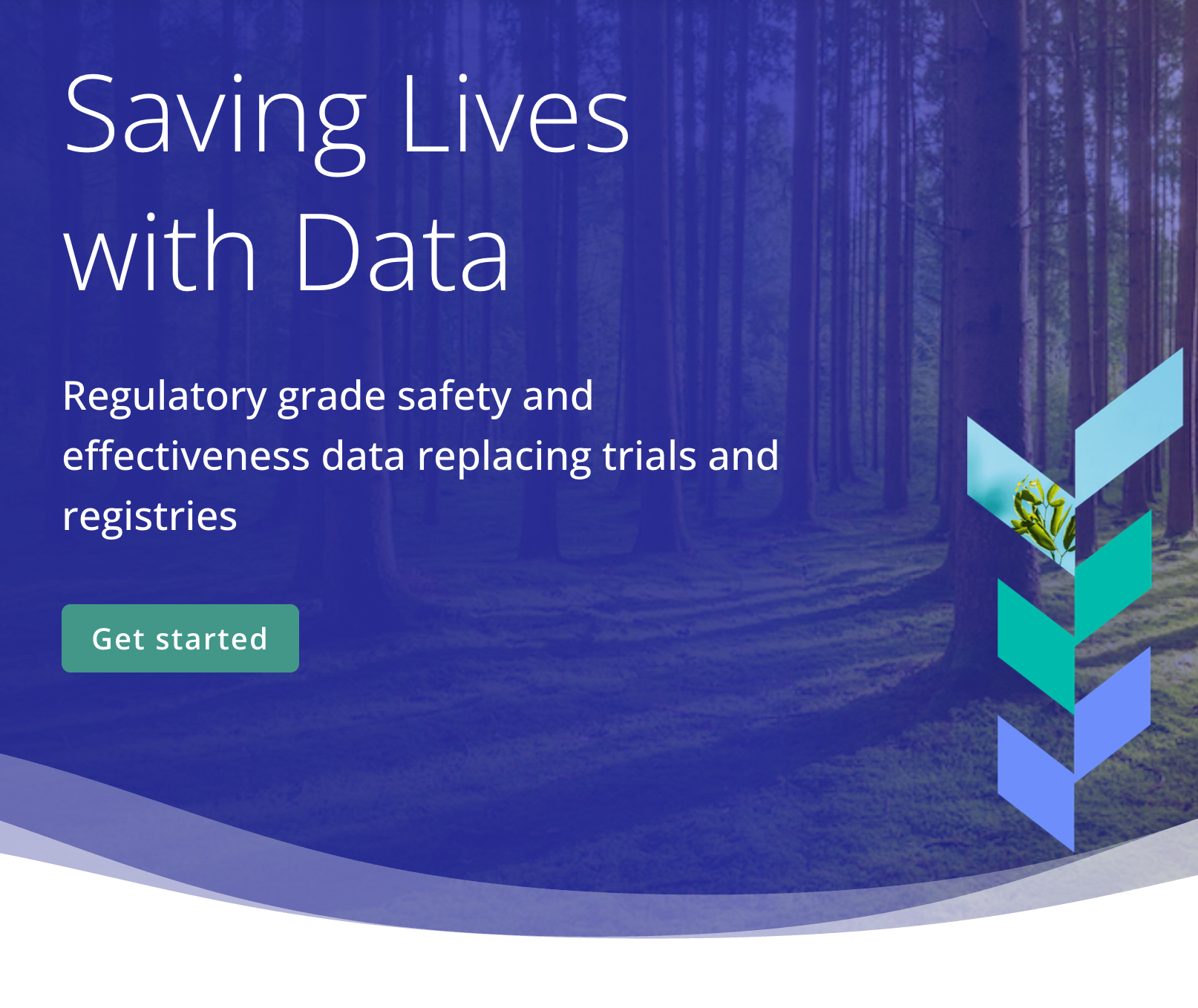
HBHI Truveta Pilot Program Phase I Award Winners
The Hopkins Business of Health Initiative (HBHI) is excited to announce 25 award-winning research teams as recipients of the HBHI Truveta Pilot Program Phase I Award. These awards will support the use of Truveta—an expansive, multi-system electronic health record (EHR) platform with person-level data on over 100 million patients across more than 30 U.S. health systems—to advance their research agendas.
The awarded Phase I projects, designed to test feasibility, refine research questions, and lay the foundation for larger studies, span a wide range of bold and impactful research topics. These include pharmaceutical safety and effectiveness, outcomes for the treatment of chronic conditions, and the implications of operations on complex care delivery. Awardees are addressing a host of health care challenges, including Alzheimer’s disease and related dementias, diabetes, obesity, weight management, cancer care, maternal health, and more.
This award program was established with the support of the Office of the Provost to catalyze novel research agendas utilizing emerging data platforms. HBHI is proud to host this initiative, stimulating collaborative work in health across JHU Schools and Divisions. About 3/4 of the collaboratively funded projects were built with cross-divisional teams with participation from the School of Medicine, the Bloomberg School of Public Health, the School of Nursing, the Carey Business School, the Krieger School of Arts and Sciences, and the Whiting School of Engineering.
“What makes the new availability of Truveta data particularly meaningful is the ability to include younger individuals aged under 65, who are excluded from Medicare claim analyses,” said Zhang Zhang, a postdoctoral fellow in the Department of Health Policy and Management at the Bloomberg School of Public Health, who is exploring the quality of care and health outcomes for individuals living with Mild Cognitive Impairment or Alzheimer's Disease and Related Dementias. “The grant has not only enabled innovative inquiry but also connected me with a community of interdisciplinary mentors and collaborators. The community-based learning has deepened my analytical skills and strengthened my capacity to lead impactful, policy-relevant research in the evolving landscape of digital health and health information systems, which will facilitate my next step grant application."
Phase 2 of the pilot program, awarding up to $25,000 in funding per project for expanded data access and research support, is now accepting proposals through September 15, 2025.
Congratulations to all the award winners!
